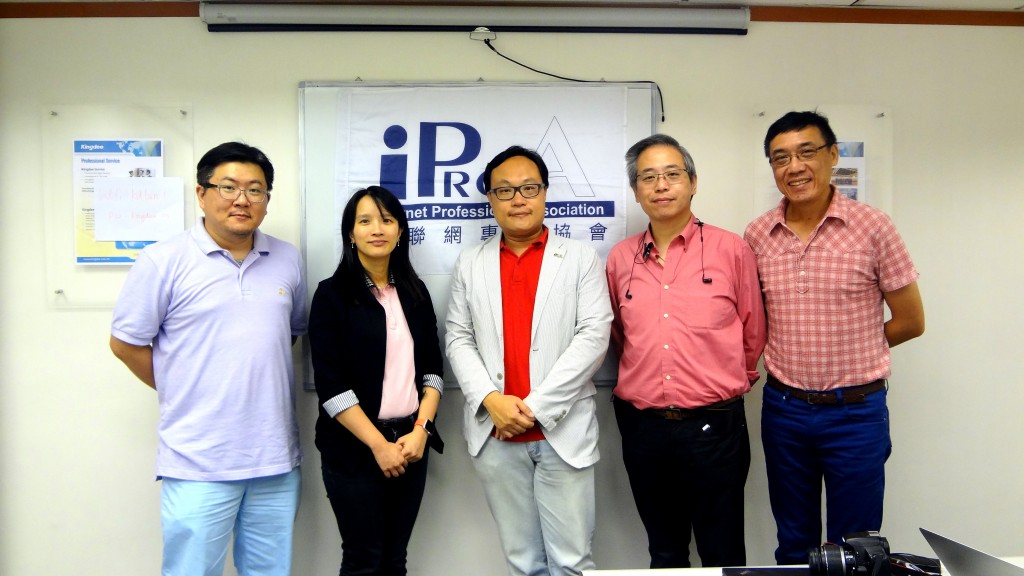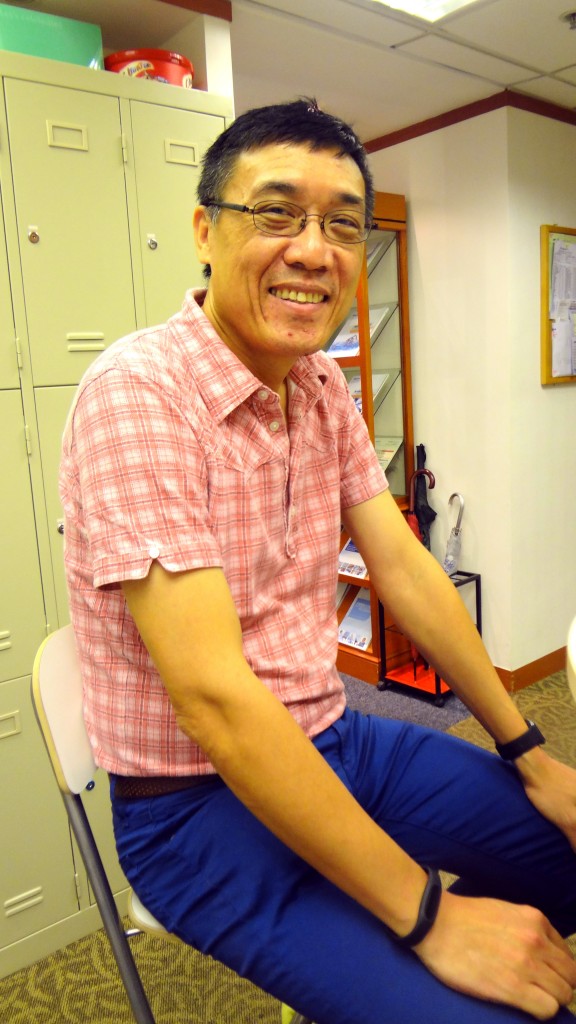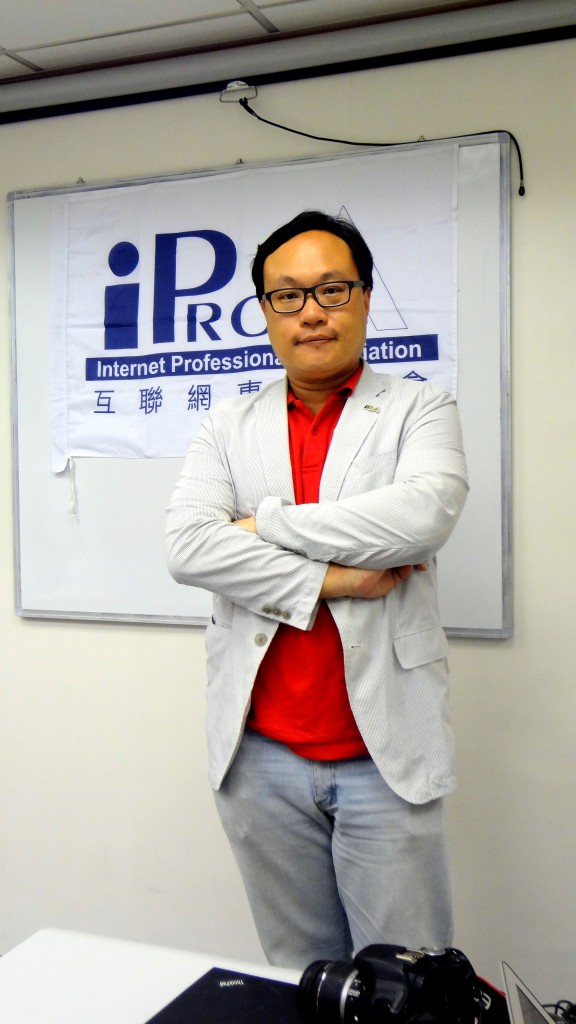by Kelvin Wong | Photo credits: Kelvin Wong | 8 July 2015
FYP competitions, whether those held by university departments or professional organisations, are a microcosm of the startup world. As Hong Kong’s startup ecosystem is rapidly gaining momentum in recent years, how well-equipped are local students to succeed in it and beat the competition from neighbouring regions?
Earlier last month, we asked the judges at the 10th Pan-Pearl River Delta Region IT FYP Competition for their thoughts.

(from left) Judges Leonard Chan, Yvonne Wong, Alex Hung, Paul Fung, and Emil Chan
It’s about talk and showing up
Emil Chan from the host organisation, Internet Professional Association (iProA), pointed out the lack of presentation and communication skills of Hong Kong students when they introduce their IT projects. Because of this, students are more vulnerable to the challenges from the North.
“The level of English proficiency of Hong Kong students has dropped significantly in recent years. Plus, students are not prepared to speak Mandarin fluently,” said Emil, who is a Vice President of the Association. “Our advantage of effectively presenting IT ideas in these competitions in China has been diminishing, amid rapid IT development and improvements in the quality of education China.”

Emil Chan
“In some [local] co-working spaces, people introduce their project ideas effectively to attract the investments from incubation programmes. However, seldom can we see the participation of local undergraduate students,” he said. “Out of the 20 presentations [in this competition], only one of them was initiated by Hong Kong students.”
The competition, co-organised by the iProA and its Macau and Mainland China counterparts, aims to recognise the academic achievements of ICT projects in the Pan-PRD region, including Hong Kong, Macau, Taiwan, and nine neighbouring provinces in China.
Facing the fierce competition from the Mainland and overseas, Emil believes that Hong Kong students should not overlook the IT development and market demand in China. “University students should seize the opportunity to read research papers from overseas universities and enrich the quality of their own FYP project, benefiting the mankind by means of value generation,” he said. Students should be aware of the potential challenges and also be prepared to expand the scope of their FYP projects, which should not be limited by the geographical boundaries of the financial centre.
Utility versus academic complexity
The difference between academic research and IT competitions is that, the project’s utility, or its ability to serve its initial purpose, is more vital than the academic complexity of the project.
One project from the competition was an intrusion detection software using webcam devices and remote control. Though their demo video showed no error in running the software, the team did not ask families, i.e. their potential customers, to test the system and give feedback. Even if it can be implemented in the real world, the judges commented that test cases and survey collection are equally important for determining the success of a project.
Another project was a physics game involving the reflection of light-rays on iOS. The judges were greatly impressed by this project, not only because of the complexity of the project and the “replay value” of the game, but also because of the attention paid towards avoiding the exhaustion of CPU resources.
“[The developers] have paid attention to the CPU power because hardware acceleration is not supported by mobile devices,’ said Desmond Cheung, who is an iProA Council Member. “Sacrificing the blur effect of light-rays to achieve a general picture is a smart move. This reduces the calculation and GPU processing time involved while still presenting a three-dimensional space.”
Apart from that, judges thought that storyline can be further developed to make the game more attractive.
Looking ahead
Alex Hung, another Vice President of iProA, said they have been organising these competitions for more than ten years and have been voluntarily giving advice to participating students, sharing their personal experience for the benefits of developing the ICT industry in Hong Kong.
While others in the field see the challenges facing Hong Kong in building and maintaining its own startup ecosystem, Emil said they see opportunity.
“The city acts as a bridge between Mainland and International cities, speeding up manufacture and transportation process in the globalised world. That is the reason why so many Mainlanders and foreigners set up their startup in Hong Kong. [How] could Hong Kong students miss out this glamourous opportunity?”

Alex Hung
Kelvin Wong
Latest posts by Kelvin Wong (see all)
- Poor pitching skills and low exposure may be blunting local students’ competitive edge: FYP Tips - July 8, 2015
- Uber — Helping or Exploiting Taxi Drivers? - February 13, 2015
- How to Deal with DDoS Attacks - November 14, 2014

